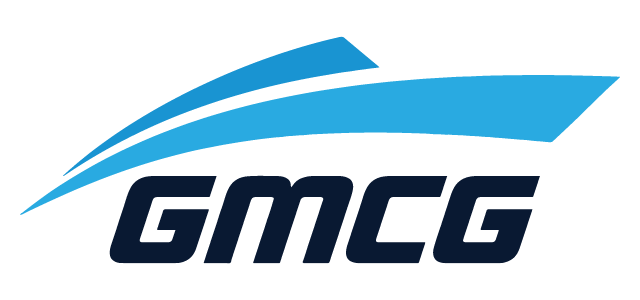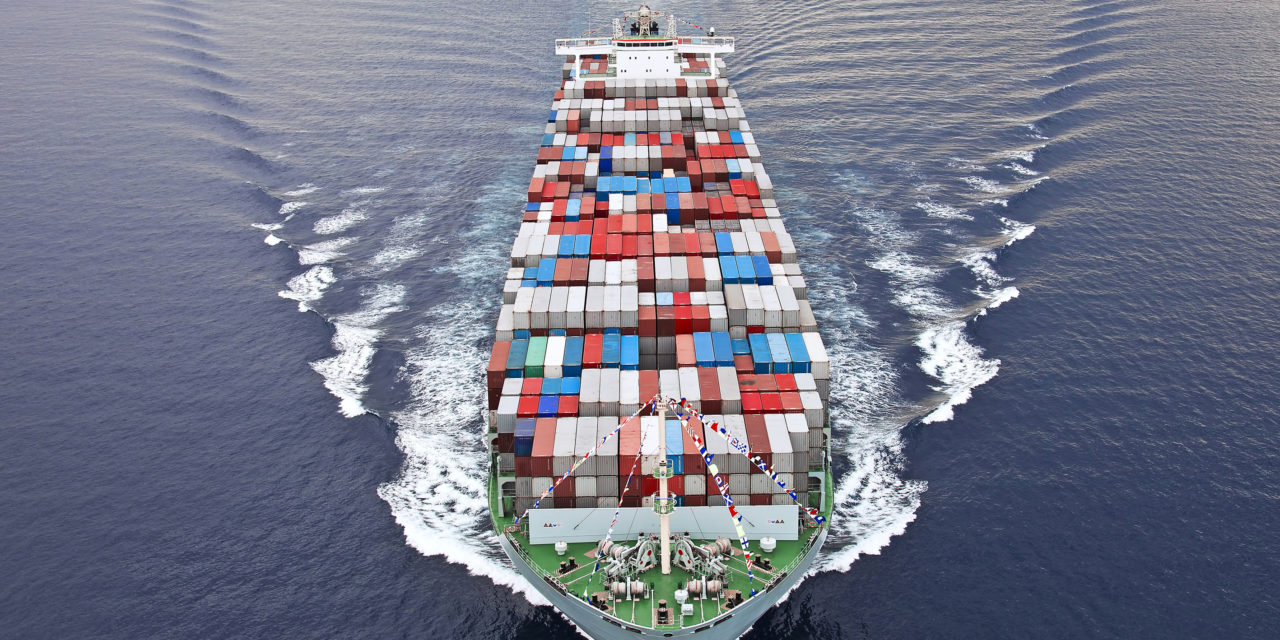Summary of MEPC 74 outcome
The IMO’s Marine Environment Protection Committee (MEPC 74)’s 74th session took place at IMO headquarters in London on 13-17 May, with key environmental issues on its agenda. Here is an overview of the meeting’s progress.
Energy Efficiency
MEPC 74 approved amendments to regulations 1, 2, 14, 18, 20 21 and appendices I and VI of MARPOL Annex VI, with a view to adoption at MEPC 75, which:
provide definitions of sulphur content, low flashpoint fuel, MARPOL delivered sample, in-use sample and onboard sample.
require mandatory reporting of required and attained EEDI and other relevant information for ships subject to Regulation 21 (required EEDI).
accelerate EEDI Phase 3 in 2022 (from 2025) and increase the reduction factors for specific ship types/sizes as follows:
Amend the EEDI reference line parameters for bulk carriers. (Increase the required EEDI for large bulkers above 279,000dwt). In table 2 of Regulation 21 (Parameters for determination of reference values for the different ship types), row 2.25 for bulk carriers is replaced by the following:
Amend the Supplement of the IAPP Certificate for confirmation of the designated sampling point.
Simplify the verification procedure in appendix VI of MARPOL annex VI for the “MARPOL delivered fuel oil sample” and to add verification procedure for the “in-use sample” and the “on board sample”. To ensure a consistent approach to verifying the sulphur limit of the fuel oil delivered to, in-use or carried for use on board a ship until the entry into force of the approved amendments, the Committee approved MEPC.1/Circ.881 inviting Member Governments to apply the approved amendments related to the verification procedure, in advance of their entry into force.
The Committee adopted amendments to the current 2018 EEDI Calculation Guidelines introducing a new factor (fm) for ice-classed ships having IA Super and IA. The committee also noted and a new section 3 describing the information to be reported to the EEDI database for every ship subject to Regulation 21 (Required EEDI) for adoption at the next session.)
Implementation of the sulphur 2020 limit
Taking into account the 1 January 2020 global implementation of 0.50% sulphur limit for the fuel oil used on board and the 1 March 2020 carriage ban of non-compliant fuel, the Committee adopted the subject Guidelines which will be published as a Resolution shortly. The FONAR is to include a description of the voyage plan, evidence of past attempts, and future plans, to obtain compliant fuel, operational constraints that prevented the use of compliant fuel and records of previously filed FONARs.
The Committee adopted amendments to the 2009 PSC Guidelines intended to provide basic guidance on the conduct of PSC inspections for compliance with MARPOL Annex VI and afford consistency in the conduct of these inspections, the recognition of deficiencies and the application of control procedures. The 2019 PSC Guidelines would be issued as an MEPC resolution to support the consistent and effective implementation of the global 0.50% sulphur limit. It also approved the subject Guidance providing guidance to the port State, flag State, ship-operators and other stakeholders concerned on how the ship should handle the remaining non-complaint fuel on board after a FONAR.
PPR 6 had agreed to a draft MEPC circular on 2019 guidelines for on board sampling for the verification of the sulphur content of the fuel oil used on board ships which establish an agreed method for sampling to enable effective control and enforcement of liquid fuel oil being used on board ships under the provisions of MARPOL Annex VI. Following consideration, the Committee approved MEPC.1/Circ.864/Rev.1 (which supersedes the current MEPC.1/Circ.864) on the 2019 guidelines for on board sampling for the verification of the sulphur content of the fuel oil used on board ships.
The Committee approved, subject to concurrent approval by MSC 101, the draft MSC-MEPC circular on delivery of compliant fuel oil by suppliers.
Scrubbers
The Committee approved the subject Guidance as MEPC.1/Circ.884, applicable for those ships that will operate an exhaust gas cleaning system (EGCS) which will provide guidance to the attention of Administrations, port State control authorities, industry, relevant shipping organizations, shipping companies and other stakeholders concerned on how they should handle unexpected issues during the operation of an EGCS such as:
System malfunction that leads to emission exceedance
Short-terms exceedances of the applicable Emissions Ratio
Interim indication of on-going compliance in the case of sensor failure
Marine plastic litter
The Committee approved the Terms of Reference for the IMO Study on Marine Plastic Litter from Ships, calling for assessment of the availability of port reception facilities and recycling technologies available to ships, as well as assessment of the volume and types of plastic litter being collected during fishing operations.
Furthermore, in support of the Action Plan to Address Marine Plastic Litter from Ships, the Committee developed a grouping of short-, mid- , long-term and continuous actions to address marine plastic litter from ships. Short-term actions will be referred to relevant sub-committees.
This work to be undertaken on short-term measures is anticipated to begin in 2020, with the goal remaining to complete and implement actions by 2025.
IMO strategy on GHG emissions
The Committee continued to develop their method of work to implement the Initial IMO Strategy on reduction of GHG emissions from ships, adopted at MEPC 72, and considered how to formally progress on the development of candidate measures into actionable steps in the reduction of GHG emissions from ships. It namely:
approved the Procedure for Assessing Impacts on States of Candidate Measures, which will be released as a MEPC Circular
approved the Terms of Reference which will govern the 4th IMO GHG Study
adopted Resolution MEPC.323(74), calling for voluntary cooperation between the port and shipping sectors to facilitate the reduction of GHG emissions from ships.
Ballast Water Management
The Committee agreed to an updated unified interpretation (UI) of appendix I (Form of the International Ballast Water Management Certificate) of the BWM Convention.
The Committee approved a revision of the circular for data gathering and analysis plan for the experiencebuilding phase associated with the BWM Convention.
The Committee approved amendments to regulations E-1.1 and E-1.5 of the BWM Convention – survey and certification requirements for ballast water management adding confirmation that a commissioning test has been conducted to validate the installation of any BWMS to demonstrate that its mechanical, physical, chemical and biological processes are working properly, taking into account guidelines developed by the Organization.
The Committee endorsed the view that commissioning testing should begin as soon as possible in accordance with BWM.2/Circ.70. As an interim measure, the Committee urges Administrations to provide the Recognized Organizations, which act on their behalf, with written and clear instructions in relation to the conduct of indicative analysis testing at the time of their commissioning on ships that fly their flag; including what actions are to be taken in the event of testing demonstrating non-compliance.


